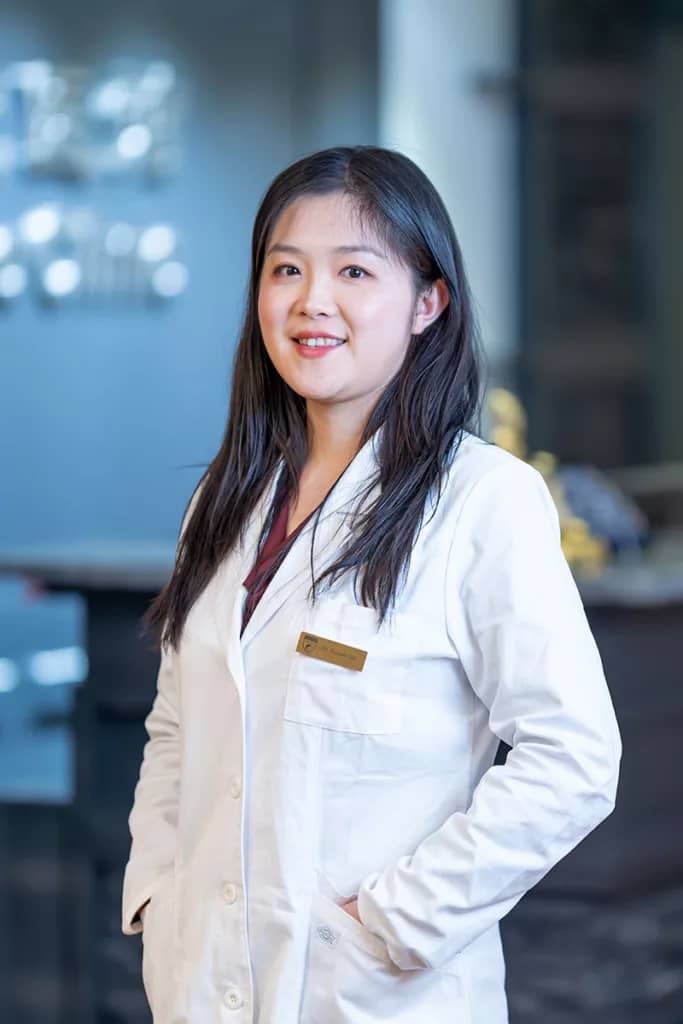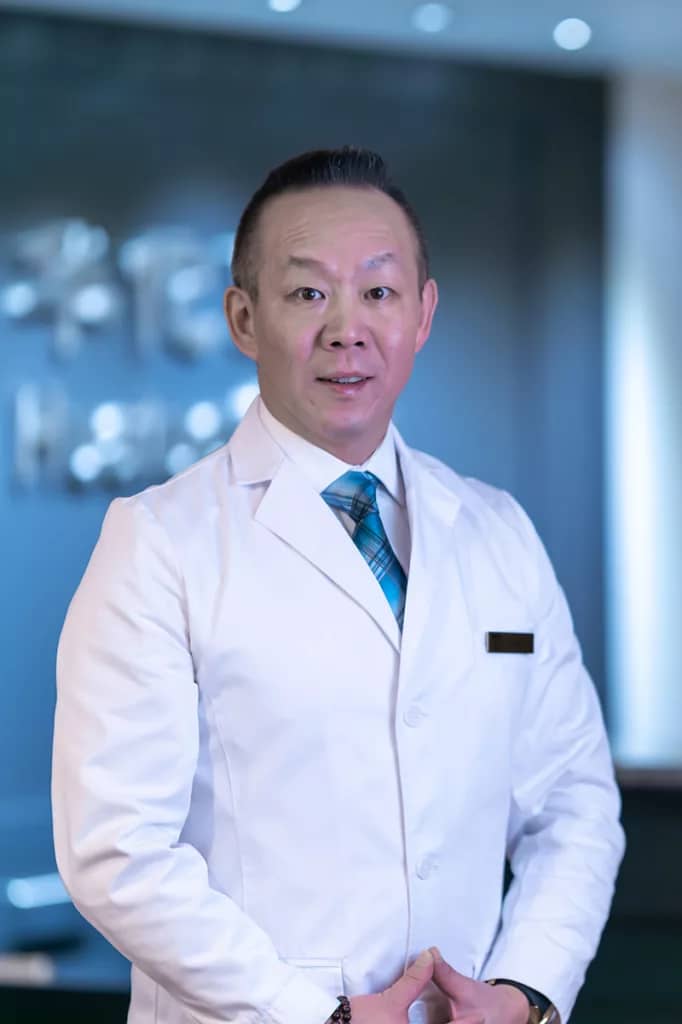TCM Allergy Care
At Huatuo Clinic, we understand the impact allergies can have on an individual’s quality of life. Allergic care, in Traditional Chinese Medicine (TCM), involves identifying and managing the allergen that triggers the allergic response, as well as providing symptom relief and preventing future allergic reactions. Our TCM allergy specialists provide comprehensive care to help manage and overcome allergy symptoms.

Common Allergens
In medical terminology, the substances that trigger an allergic response are known as allergens. Common allergens include:
- Pollen from trees, grasses, and weeds
- Dust mites
- Mold spores
- Pet dander (from cats, dogs, and other furry animals)
- Insect stings or bites
- Certain foods, such as peanuts, tree nuts, eggs, milk, wheat, soy, fish, and shellfish
- Latex
- Medications, such as antibiotics, aspirin, and chemotherapy drugs
- Chemicals, such as those found in cleaning products or pesticides
- Environmental pollutants, such as smoke, smog, or exhaust fumes
Allergic Symptoms
When an allergen enters the body of a person with allergies, their immune system overreacts, producing antibodies called immunoglobulin E (IgE). These antibodies then cause the release of inflammatory chemicals, such as histamine, which trigger the symptoms of an allergic reaction.
The symptoms of an allergic reaction can vary depending on the allergen and the severity of the reaction. Common symptoms include:
- Sneezing, runny or stuffy nose, and nasal congestion
- Itching, redness, and watery eyes
- Skin rash or hives
- Swelling of the face, lips, tongue, or throat
- Shortness of breath, wheezing, or coughing
- Nausea, vomiting, diarrhea, or abdominal pain
- Dizziness, lightheadedness, or fainting
In severe cases, an allergic reaction can lead to anaphylaxis, a life-threatening condition that requires immediate medical attention. Anaphylaxis can cause symptoms such as difficulty breathing, rapid or weak pulse, severe drop in blood pressure, and loss of consciousness.
TCM Views
In Traditional Chinese Medicine (TCM), allergic reactions are seen as a result of an imbalance or disharmony in the body’s energy or Qi, leading to a weakened or imbalanced immune function. TCM practitioners aim to identify and correct these imbalances using a combination of acupuncture, herbal medicine, and lifestyle changes to manage and treat allergic conditions such as allergic rhinitis (hay fever), eczema, asthma, and hives.
According to TCM, allergies are often related to imbalances in the lung and liver meridians or lung and liver Qi. The liver is responsible for the smooth flow of Qi throughout the body, and when the liver Qi becomes stagnant or blocked, it can lead to a variety of physical and emotional symptoms, including allergies. The lung meridian is responsible for the regulation of the respiratory system and can become imbalanced in cases of respiratory allergies.
TCM Treatment Plan
A TCM treatment plan for allergies typically involves a combination of acupuncture, herbal medicine, and dietary/lifestyle modifications to address the underlying imbalances in the body that contribute to allergy symptoms. Here is how specialists at Huatuo Clinic carry out the allergy treatment plan:
- Diagnosis and Assessment: The first step in any TCM treatment plan is a thorough assessment by a qualified practitioner to identify the root cause of the allergy. This includes an evaluation of the patient’s overall health, medical history, and symptoms, as well as a pulse and tongue diagnosis to determine any imbalances in the body’s energy (Qi) and the organs involved in the allergy response.
- Acupuncture: Acupuncture is an essential component of TCM and is often used to treat allergies. Acupuncture involves the insertion of fine needles into specific points on the body to stimulate the flow of Qi and restore balance. For allergies, acupuncture can be used to strengthen the immune system, reduce inflammation, and alleviate symptoms such as congestion, runny nose, and itching.
- Herbal Medicine: TCM herbal medicine can be an effective way to address the underlying imbalances that contribute to allergy symptoms. Herbal formulas are tailored to the individual’s specific needs and may include a combination of herbs to support immune function, reduce inflammation, and alleviate symptoms such as sneezing and itching.
- Dietary and Lifestyle Modifications: TCM emphasizes the role of diet and lifestyle in maintaining balance in the body. A TCM practitioner may recommend dietary changes to support immune function and reduce inflammation, such as avoiding certain foods or incorporating more anti-inflammatory foods into the diet. Lifestyle modifications such as stress reduction techniques, exercise, and mindfulness practices may also be recommended to help manage allergy symptoms.
- Regular Follow-Up and Monitoring: Allergy management is an ongoing process, and regular follow-up and monitoring are necessary to ensure the treatment plan is working effectively. A TCM practitioner will work with the patient to adjust the treatment plan as needed and provide ongoing support to help them achieve long-term relief from allergy symptoms.
@ Huatuo Clinic
At Huatuo Clinic, we strive to improve the quality of life for individuals suffering from allergies. Our mission is to provide personalized and compassionate care that addresses the root cause of your allergies and empowers you to take control of your health. Contact us, and let us help you on your journey towards a healthier and symptom-free life.




